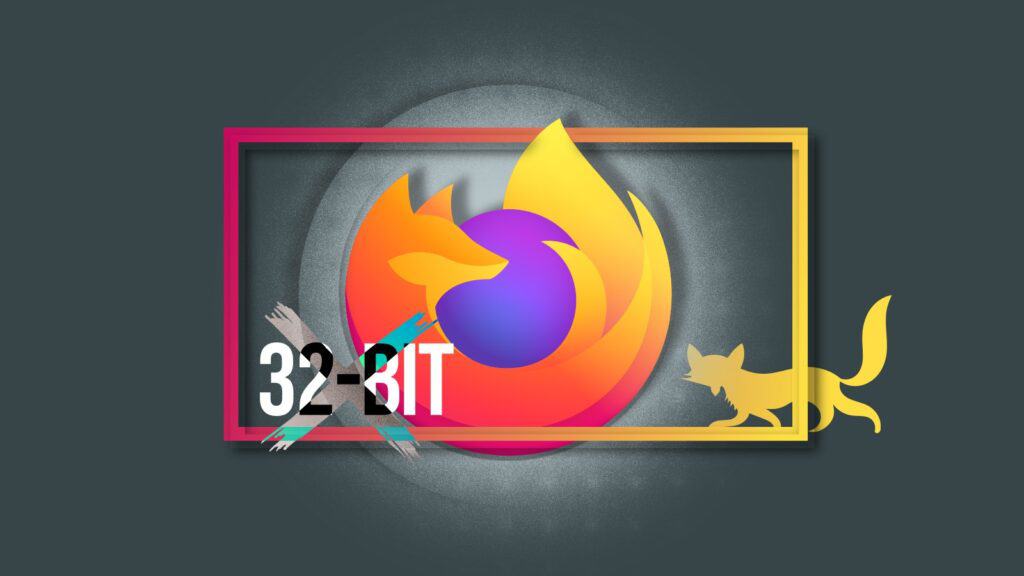Mozilla has officially announced the end of Firefox support for 32-bit Linux systems, setting September 2026 as the final cutoff. The decision comes after years of maintaining builds for older hardware, long after most browsers and operating systems had already moved on.
According to Mozilla engineers Julien Cristau and Sylvestre Ledru, Firefox 144 will be the last regular release to include 32-bit Linux builds. Starting with Firefox 145, scheduled for 2026, users on those systems won’t get new versions.
The company explained that maintaining the 32-bit branch has become increasingly difficult and unreliable, as most Linux distributions have already dropped 32-bit support.
Yes, that’s true – mainstream Linux distros have largely phased out 32-bit as a primary architecture, and modern CPUs have been exclusively 64-bit for nearly two decades.
But let’s not also forget that, for example, Debian still ships i386 builds (though they are community-maintained, not first-class), Slackware continues to support 32-bit, plus some smaller distros (e.g., antiX, Devuan, Puppy, Bodhi Legacy) intentionally keep 32-bit alive for old hardware.
For people who can’t immediately switch to 64-bit, there’s still some breathing room. Firefox ESR 140 will continue to ship 32-bit builds and get security updates until at least September 2026.
After that, though, there won’t be an officially supported option. Mozilla is strongly recommending users migrate to a 64-bit operating system and install the 64-bit version of Firefox to stay current and secure.
So, what’s the takeaway from this move? It’s becoming clear that the browser is going through some challenging times, with a focus now on optimizing resource allocation.
Shutting down some of its most popular services, tweaking its licensing in ways that give advertisers more room, and leaning into (controversial) AI features show that the company is under financial strain and facing challenges.
The move to drop 32-bit support, with resources redirected to areas that matter more, only adds to that picture. Still, there’s hope Firefox can pull through and get back on track.

I had no idea 32bit was even still around. I’m shocked a 32 bit option even survived this long since it feels like it has been forever since I had a 32bit pc.
Seems fair, Mozilla doesn’t have the same resources than Google for Chrome (that still support 32-bit so far).
Also, with Windows 11 being the main (if not, in a year, the only) Windows version (64-bit only), the 32-bit market share will shrink.
It would have been nice from Mozilla to give the percent of users still running 32-bit Firefox, but I guess it mostly depends on the OS.